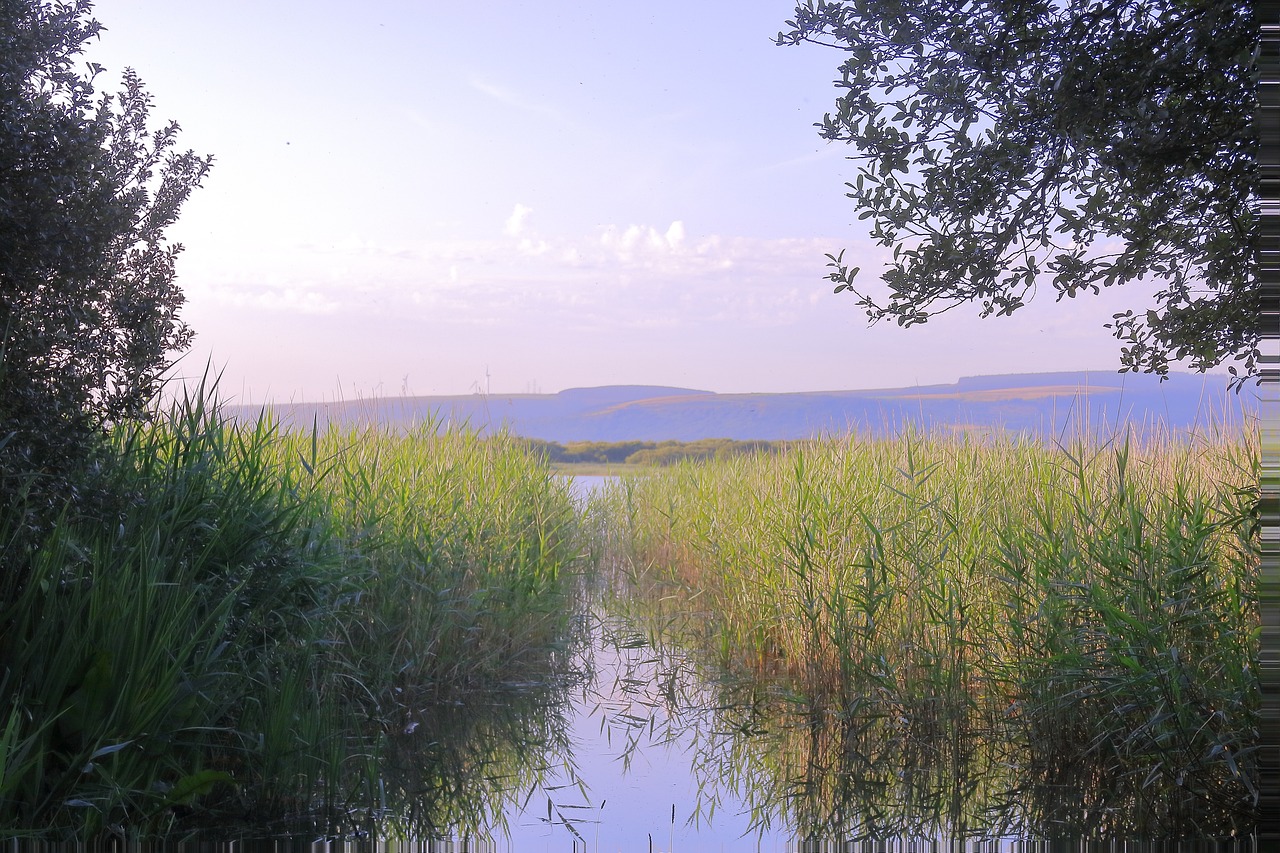The Healing Benefits of Nature Therapy: Forest Bathing and Ecotherapy for Stress Relief
Nature therapy, also known as ecotherapy, is a holistic approach to healing that harnesses the therapeutic benefits of nature to improve overall well-being. Research shows that spending time in natural environments can positively impact mental and physical health. The sights, sounds, and smells of nature have a calming effect on the mind and body, reducing stress and enhancing mood.
Studies have demonstrated that exposure to nature can lead to lower heart rates, reduced blood pressure, and decreased levels of cortisol, a stress hormone. The act of immersing oneself in natural surroundings, whether it be a forest, park, or beach, has been linked to improved focus, creativity, and cognitive function. Nature therapy offers a way to escape the hustle and bustle of modern life, providing a space for reflection, relaxation, and rejuvenation.
Understanding the Concept of Forest Bathing
Forest bathing, also known as Shinrin-yoku in Japanese, is a practice that involves immersing oneself in nature to improve overall well-being. It is not simply about taking a walk in the forest, but rather about engaging all the senses in the natural environment. By mindfully connecting with the sights, sounds, and smells of the forest, individuals can experience a deep sense of relaxation and rejuvenation.
The concept of forest bathing is rooted in the belief that spending time in nature can have profound effects on both mental and physical health. Research studies have shown that this practice can reduce stress levels, boost mood, and enhance cognitive function. Additionally, the phytoncides emitted by trees have been found to strengthen the immune system, further highlighting the therapeutic benefits of immersing oneself in a natural setting.
Exploring the Benefits of Ecotherapy
Immersing oneself in nature has been known to have significant mental health benefits. Studies have shown that spending time outdoors can reduce stress, anxiety, and depression. Being surrounded by greenery and fresh air can help individuals feel more calm and at peace.
Moreover, engaging in ecotherapy activities such as gardening, hiking, or simply sitting outside can improve overall well-being. The physical activity involved in being outdoors can also boost mood and increase energy levels. Connecting with nature in a therapeutic way has the potential to enhance one’s mental and emotional resilience.
• Engaging in ecotherapy activities such as gardening, hiking, or simply sitting outside can improve overall well-being.
• Spending time outdoors can reduce stress, anxiety, and depression.
• Being surrounded by greenery and fresh air can help individuals feel more calm and at peace.
• The physical activity involved in being outdoors can boost mood and increase energy levels.
• Connecting with nature in a therapeutic way has the potential to enhance one’s mental and emotional resilience.
What is ecotherapy?
Ecotherapy, also known as nature therapy, is a form of therapeutic treatment that involves connecting with nature to improve mental and emotional well-being.
Is there scientific evidence supporting the benefits of ecotherapy?
Yes, there is a growing body of research that shows the positive impact of spending time in nature on mental health, stress reduction, and overall well-being.
What is forest bathing?
Forest bathing, or shinrin-yoku, is a practice that originated in Japan and involves immersing oneself in a forest environment to promote relaxation and stress reduction.
What are some of the benefits of ecotherapy?
Some benefits of ecotherapy include reduced stress levels, improved mood, increased cognitive function, enhanced creativity, and overall better mental health.
How can I incorporate ecotherapy into my daily routine?
You can incorporate ecotherapy into your daily routine by spending time in nature, gardening, practicing mindfulness outdoors, or participating in organized nature-based therapy programs.







